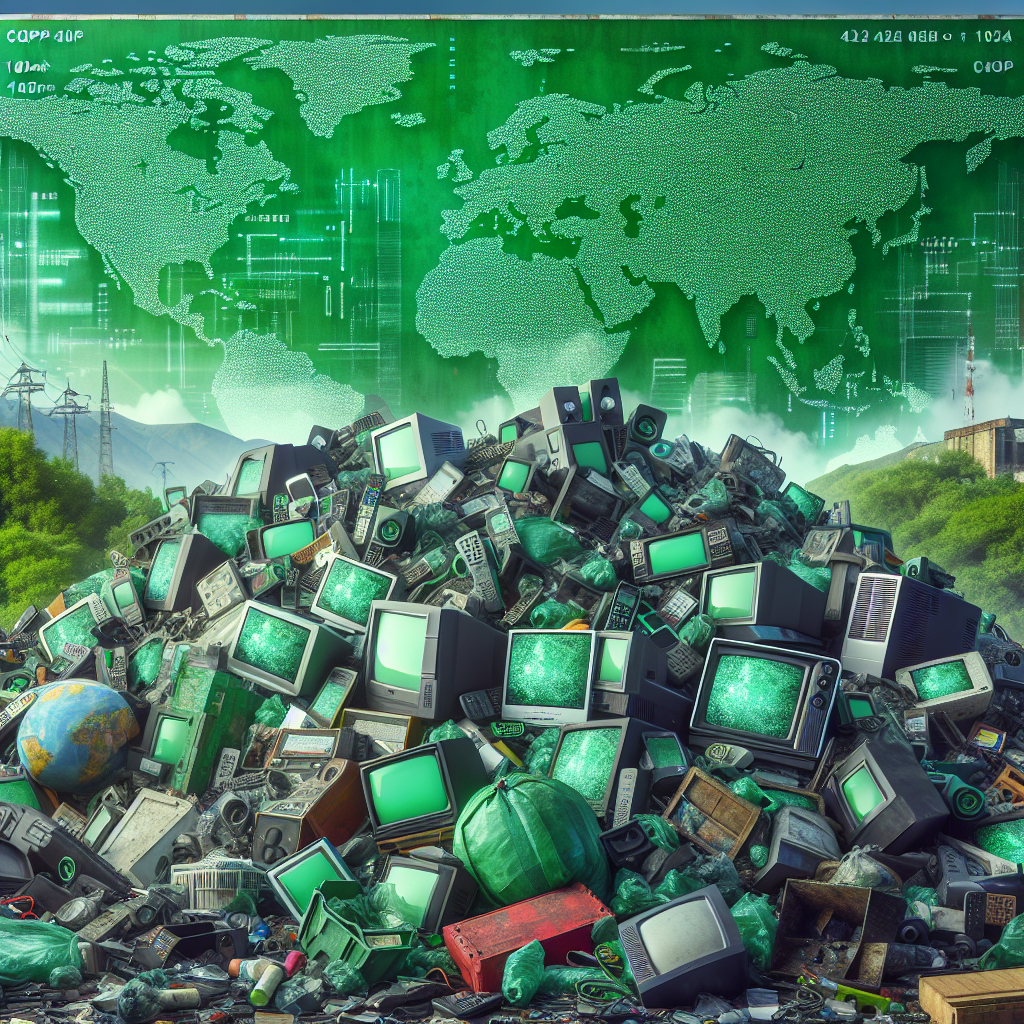Blog Ecobraz Eigre

E-waste compliance challenges on the COP30 agenda
Global Context and Importance of the COP30 Agenda on E-waste
The United Nations Conference on Climate Change (COP30) brought to light the importance of environmental compliance in the management of electronic waste. Technological advancement combined with improper disposal generates significant impacts on environmental sustainability and data security.
Main Regulatory and Normative Challenges
Brazil has robust regulatory frameworks for e-waste management, such as the National Solid Waste Policy (Law No. 12.305/2010). However, its implementation has faced challenges related to enforcement and integration between environmental agencies and the sectors responsible for generating the waste.
In addition, compliance with specific information security standards, such as the General Personal Data Protection Law (Law No. 13.709/2018), imposes strict requirements on the handling of electronic media, especially with regard to the secure destruction of data.
Reverse Logistics and Electronic Waste Collection
One of the critical aspects in environmental compliance is the development and operationalization of reverse logistics, especially for the collection of electronic waste. The National Solid Waste Management Information System (SINIR) regulates and monitors processes to ensure the proper disposal of these materials.
To facilitate safe disposal, it is recommended to use authorized services for electronic waste collection, ensuring compliance with legal environmental and safety requirements.
Sanitization and Safe Disposal of Electronic Devices
Another crucial point is the safe destruction of data, especially when disposing of hard drives and other digital media. According to legal guidelines, effective sanitization ensures that sensitive information is not recovered after disposal.
It is recommended to hire specialized services for safe disposal of hard drives and electronic media, ensuring compliance with current legislation and mitigating legal risks.
Multi-sector Integration and Monitoring
The COP30 reinforced the need for integrated action between the environmental, technology, legal and procurement sectors to align compliance policies. Continuous monitoring of actions related to e-waste management is indispensable to avoid administrative sanctions and minimize environmental impacts.
Bodies such as CETESB and official platforms such as SINIR contribute to the monitoring and transparency of data related to waste disposal.
Conclusion
The discussion on e-waste compliance challenges at COP30 highlights the urgency of regulatory, operational and strategic alignment for the sustainable management of this waste, ensuring environmental protection and information security.

Deixe um comentário
O seu endereço de e-mail não será publicado. Campos obrigatórios são marcados com *